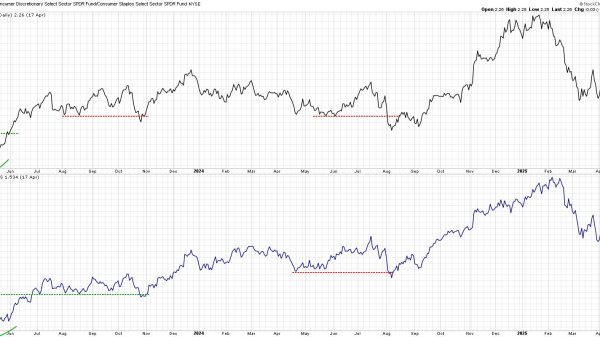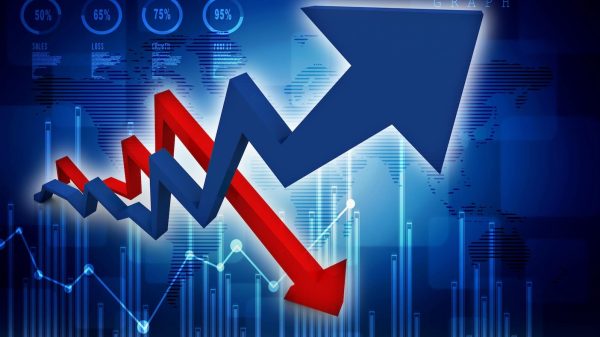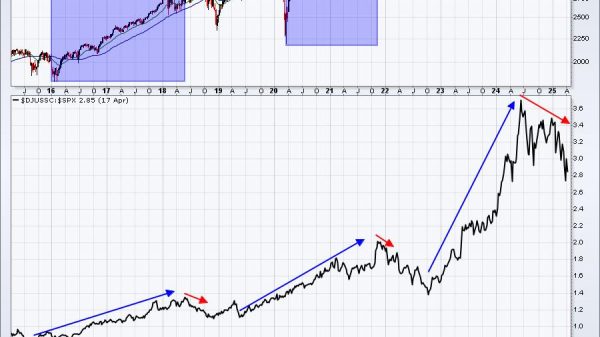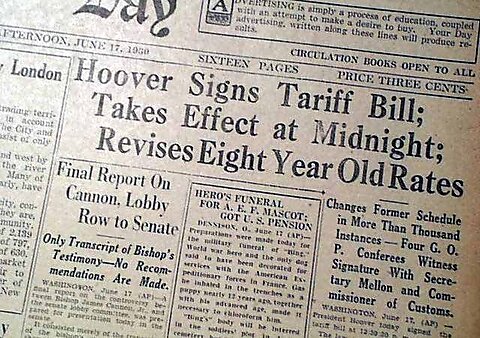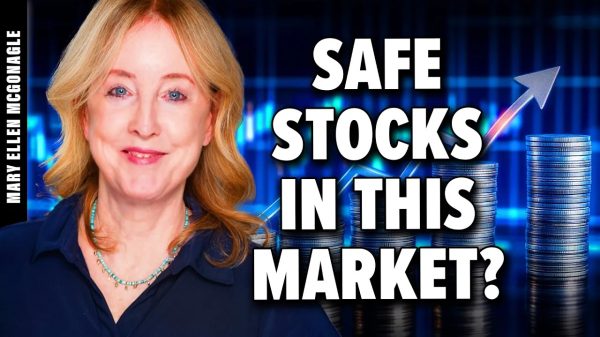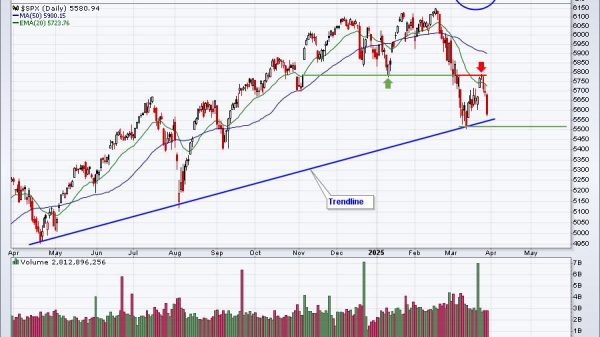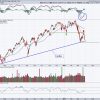Benjamin M. Anderson was a legendary Austrian economist at Chase National Bank from 1929 to 1939, then a UCLA economist until his death in 1949, the publication year of this remarkable insider’s analysis of US financial and economic history as it happened.
Benjamin M. Anderson, Economics and the Public Welfare: A Financial and Economic History of the United States, 1924–46 (2nd edition, Liberty Press, Indianapolis 1979, pp. 229–30):
“There came another folly of government intervention in 1930 transcending all the rest in its significance and in its baleful consequences. In a world staggering under a load of international debt, which could be carried only if countries under pressure could produce goods and export them to the creditors, we, the greatest creditor nation of the world, with tariffs already far too high, raised our tariffs again. The Hawley-Smoot Tariff Act of June 1930 was the crowning financial folly of the whole period from 1920 to 1933…
“Once we raised our tariffs, an irresistible movement all over the world to raise tariffs and to erect other trade barriers, including quotas, began. Protectionism ran wild over the world. Markets were cut off. Trade lines were narrowed. Unemployment in the export industries all over the world grew with great rapidity, and the prices of export commodities, notably farm commodities in the United States, dropped with ominous rapidity. Farm prices in the United States dropped sharply through the whole of 1930, but the most rapid rate of decline came following the passage of the trade bill.
“The dangers of this measure were so well understood in financial circles that, up to the very last, the New York financial district retained hope that President Hoover would veto the tariff bill. But late on January 15, it was announced that he would sign the bill. This was headline news Monday morning. The stock market dropped 12 points in the New York Times averages that day, and the industrials broke nearly twenty points. The market, not the President, was right.”

